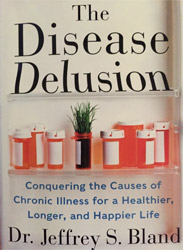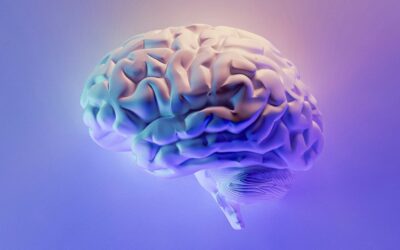I often get asked the same question, “So, when you graduate, you’re just going to be cracking backs?” It demonstrates a common misconception about the role DCs play in healthcare — a view that has been perpetuated for decades.
Whether this view has origins in chiropractic’s distant past, or perhaps has sprung from exposure to the scores of chiropractors that have chosen to pursue, and specialize in their passion for biomechanics, more likely it’s a combination of a variety of factors. While this question can get a bit tedious to field, it represents a perfect opening to inform on the diversity of care DCs can offer. This very diversity is what drew me to National University in the first place.
 Empowered by the rigorous sciences, I’ve been tackling one book after another, assimilating the information with ease. It is my belief that this is the beauty of the DC program; it lays a comprehensive and solid foundation by which students can begin to build their functional approach to health, unencumbered by the reductionist germ theory mentality inherent in much of the allopathic medical profession.
Empowered by the rigorous sciences, I’ve been tackling one book after another, assimilating the information with ease. It is my belief that this is the beauty of the DC program; it lays a comprehensive and solid foundation by which students can begin to build their functional approach to health, unencumbered by the reductionist germ theory mentality inherent in much of the allopathic medical profession.
There is no doubt that the germ theory is responsible for one of the greatest medical revolutions in history, and its effectiveness in treating acute diseases is unparalleled. One pill for one disease is, in a nutshell, the acute care model. However, acute conditions are no longer the greatest threat to first world populations — chronic conditions are. The allopathic medical profession isn’t geared for handling, or effectively treating chronic conditions that have a plethora of different origins, varied from individual to individual. Physicians must be taught the value of addressing lifestyle and individualized care. Thankfully, National has never lost sight of this important aspect of health, and I am thankful for it every day.
The cost of healthcare, from pharmaceuticals to expensive tests and diagnostics, has skyrocketed in the past 30 years compounded with the rise of chronic illness; it is poised to bankrupt the nation. As DCs, the rising costs of allopathic healthcare make our Evaluation and Management classes even more valuable, as we are trained in the (almost) lost art of physical examination. Coupled with thorough and exhaustive history taking our diagnostic ability, specifically in the realm of chronic illness, can surpass — both in price and accuracy — the expensive diagnostic tests performed by many allopathic physicians. Through classes such as Nutritional Biochemistry, Science of Diet and Nutrition, Botanicals, and a plethora of others, we are trained to effectively treat conditions that are a result of the combination of genetics and lifestyle. After all, genetics load the gun, but lifestyle pulls the trigger.

Club Lunch Day
This is the real strength of National’s program: it offers a robust, individualized approach to managing both chronic and acute conditions. So while you’re here, I strongly urge you to attend club lunch, learn about the variety of clubs, and join one or more clubs that resonate with your passion. Engage in extra curricular learning and reading — all these things will increase your effectiveness and ignite your passion.




0 Comments